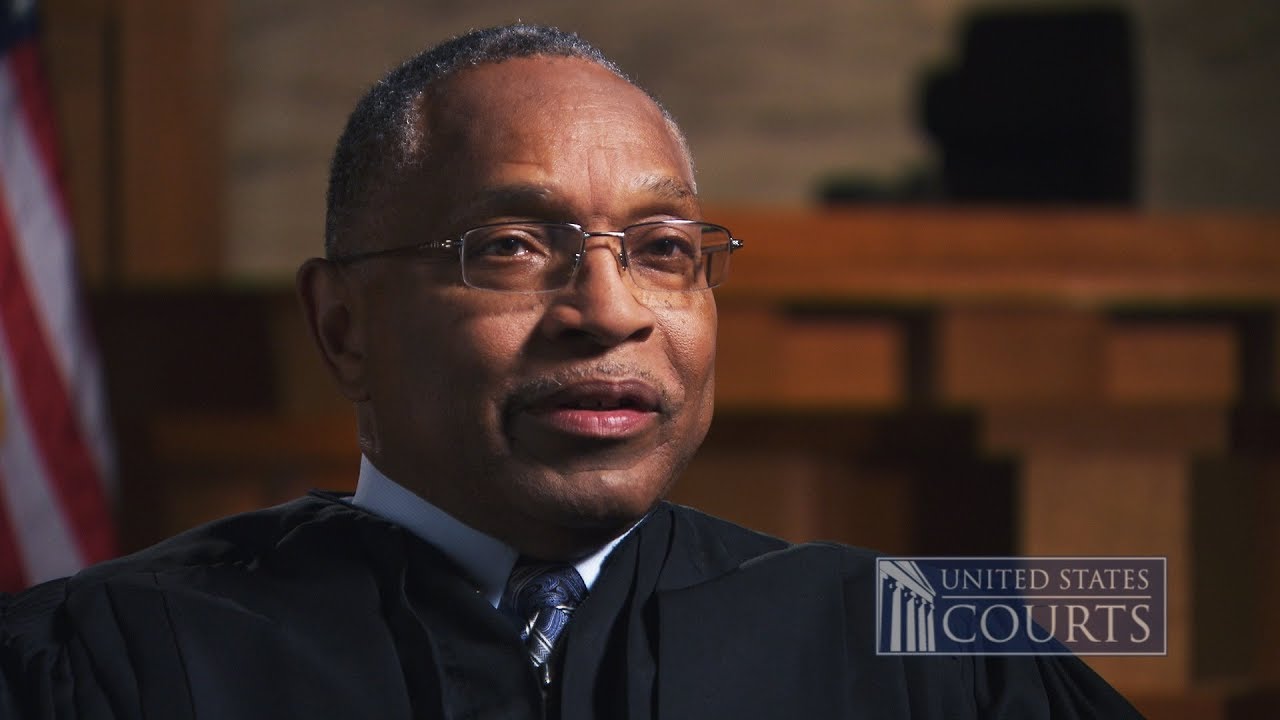Federal Judge Calls on SCOTUS to Adopt an Ethics Code
By Tyler Cooper, FTC deputy director

Judge Reggie Walton, appointed to the D.C. District in 2001 by President George W. Bush, spoke plainly at a National Judicial College seminar last month (May 26) on how the members of the judiciary bear responsibility for the renewed congressional interest in regulating the third branch because “we haven’t, on many occasions, adequately policed ourselves.”
Walton was most critical of the Supreme Court’s role in this inadequate self-regulating, saying:
“And I know this may be considered heresy, but I’m a senior, just know — I’m on the downside of my career — but I think it’s just unimaginable that we have a segment of our federal judiciary that’s not subject to an ethics code. I don’t see how that can be justified. I mean, I and my [district court and] court of appeals colleagues are, but our highest court in the land is not. And I think, again, perception is sometimes more important than reality. If the perception of the American public is that we have a segment of our judiciary, and it’s not policing itself adequately because it has no rules that dictate how they are to conduct themselves, I think it does create a real problem as far as the perception of us as an institution.”
Never before has polling shown the public’s trust in the high Court to be lower than it is today, and this is even before some of what will be the most politically contentious decisions of the term have been handed down.
The Court choosing to voluntarily adopt a code would be an easy way for it to enhance its legitimacy with the public.
In March 2019 Justice Kagan testified before Congress that “the Chief Justice is studying the question of whether to have a code of judicial conduct that’s applicable only to the United States Supreme Court,” and later added, “it’s something that’s being thought very seriously about.
We haven’t heard any updates about that project since then.
Although for a long time Congress had been extremely reluctant to get itself involved in the internal affairs of the judicial branch, we’ve seen that patience begin to wear thin as the judicial branch time and again has declined to hold itself to anything close to the ethical standards commonplace throughout the other two branches.
H.R. 4766, the Supreme Court Ethics Act, is up to 104 co-sponsors in the House while its Senate companion, S. 2512, now has 25 co-sponsors. This bill would direct the Judicial Conference to issue a SCOTUS ethics code, in addition to the code already applicable to lower court judges.
An alternative legislative proposal is contained in the more recently introduced Supreme Court Ethics, Recusal, and Transparency Act of 2022 (H.R. 7647 and S. 4188), which would task the Supreme Court to come up with an ethics code itself, rather than having it written by the Judicial Conference.
Regardless of the specifics of implementation, it is clear that momentum continues to build for finally creating and adopting a Supreme Court Code of Conduct.